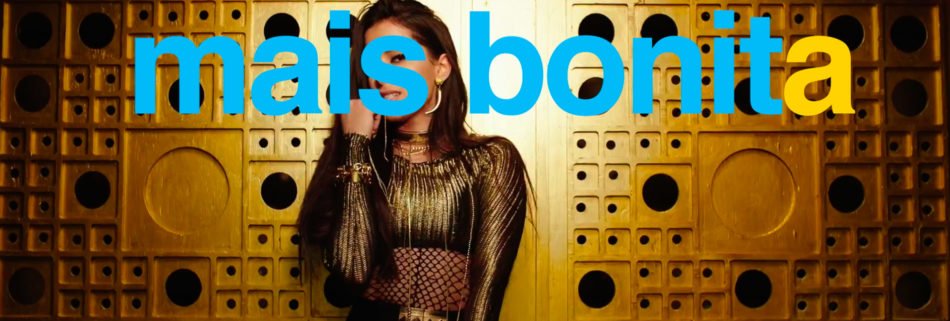Mais (more) finds its way into many expressions, always playing 1 of 2 possible roles. It's not simply to say most or, more. It's always used to (1) compare one thing to another; or (2) to say simply most or, more.
Examples of mais to express most can be found in this other post.
Using mais to compare things.
You don't need to get hung up looking for words like heavier, older and colder. Mais in Portuguese can be used to say all of these very easily.
Here are some of the most used ways mais in Portuguese can express: prettier, heavier, younger and etc. (ie, as an adjective).
O carro é mais novo.
A mesa é mais longa.
A empresa é mais antiga.
O metro é mais caro.
A internet é mais rápida.
*These are all being used to compare things even though the "than" (do que) is left off!
Sometimes mais just means more.
One more drink, more of that stuff, I can't take any more...
These are clearly NOT comparing anything. But you still need to pay attention to the standard ways mais is used in a sentence.
Portuguese sayings that use mais.
I can only think of one but, surely there are more (leave in the comments!)
Mais cedo ou mais tarde.
➜ Sooner or later.
This translates to: Sooner or later. Literally it's: More early or more late.
Mais, in context...


Comentários